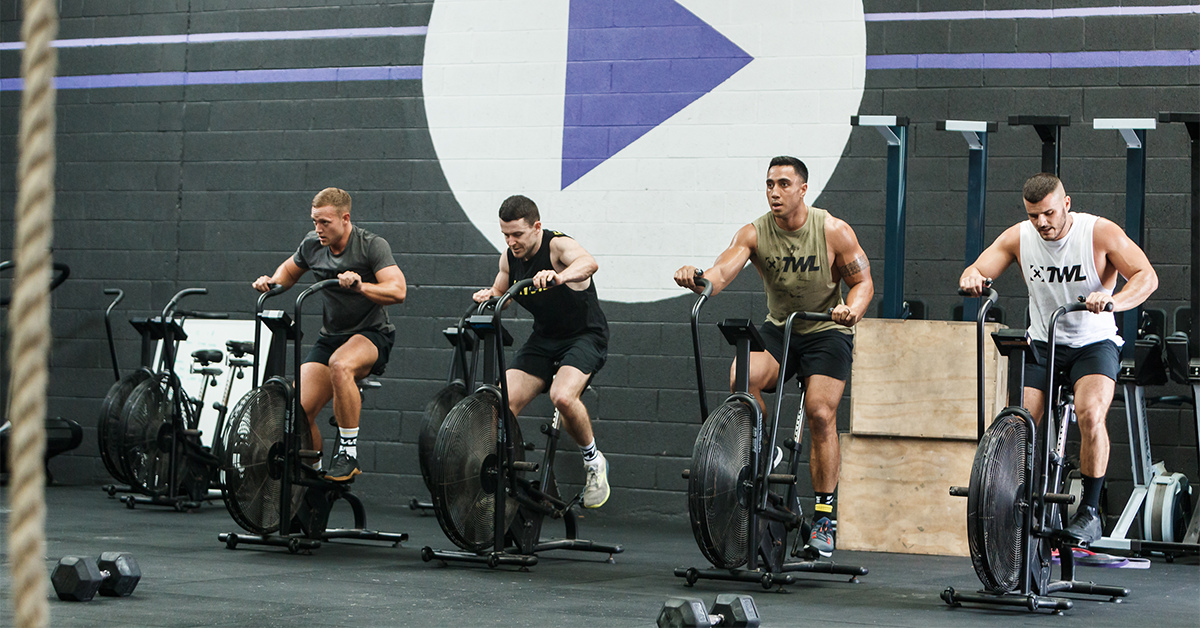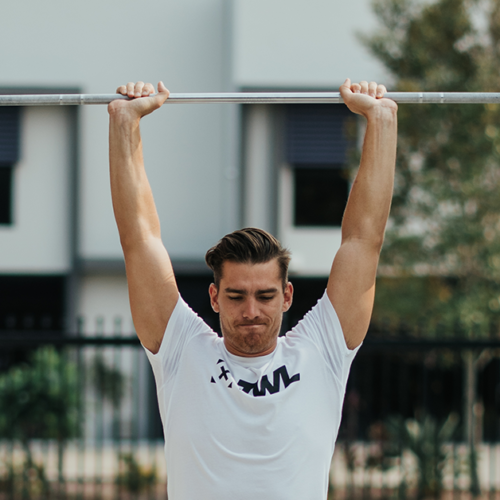At the gym, you need to go hard every day, every week, nonstop, right? Wrong! That approach is going to dramatically hinder your progress. The solution? A deload week.
Wait, What’s a Deload Week?
We’re so glad you asked!
During a deload week, you back way off your training and decrease the intensity and volume. The idea is to give your body some time to rest so that you can come back stronger. Look at this as a scheduled, structured reduction. You need to approach it mindfully and with a specific intention.
Athletes will often plan a deload week before a competition. This is so that their body has time to recuperate before the big day. (Side note: Many will deload after their competition too, since they worked so hard leading up to it.)
However, these periods are vital for all athletes throughout their fitness journeys. This is especially the case if you’re experiencing overtraining or you’ve hit a fitness plateau.
View this post on Instagram
How Do I Do a Deload Week?
Another great question.
We can’t give you an exact approach, because it’s going to depend on your sport of choice and your current programming. But here are the two most common approaches that athletes choose from.
- Focus on lowering the weight you lift. You might perform your lifts at around 30-60% of your 1RM.
- Focus on reducing the number of reps. This gives you room to still lift a little heavier, but you drastically reduce the fatigue you’ll experience. This option is especially popular for people lifting heavier weights.
There are other approaches, although they’re less common. For instance, athletes will sometimes opt to deload only one type of training or one movement. For instance, if an Olympic weightlifter’s clean and jerk has really been struggling, they might plan their deload week around that while keeping everything else the same.
Shop Now
Another less common approach is deloading by switching up your programming entirely. As an example, after a grueling CrossFit competition, an athlete might deload by spending time doing nothing but low-impact training, like swimming and yoga. Or they might opt for strict bodybuilding.
Really, how you approach your deload week should be tailored to you. So, it’s best to work with a coach on this, if possible. If you don’t have a coach, then go with one of those first two options, and look at it as significantly cutting back on either the weight or the reps. Simple.
Deload Week vs a Week Off
While it’s understandable that you might consider a deload week and week off the same thing, they’re two different approaches!
During a deload, you’re still training, whereas with a week off, you stay away from the gym completely.

And while deloads are meant to keep you moving while still giving you a chance to recover, weeks off are all about recovery.
Are both approaches helpful? They can be, as long as you use them appropriately. And that brings us to our final point…
Do I *Really* Need a Deload Week?
Yes. Everybody does.
Even if you’re not training to compete, your body will appreciate the break.
Deloads help you prevent injury, excessive DOMS, and burnout. Your joints, tendons, ligaments, and bones go through a ton of wear and tear. Imagine never giving them a break.
We know we’ve said this before, but we’re going to say it again: Training is what breaks your body down. Rest is what builds it back up stronger than it was before.
If you don’t allow your body that time to rest, you’ll never get stronger. Worse, you’ll get weaker.
To prioritize recovery and heal like a pro, you’re going to need the right gear. Shop our selection of recovery tools today.

















